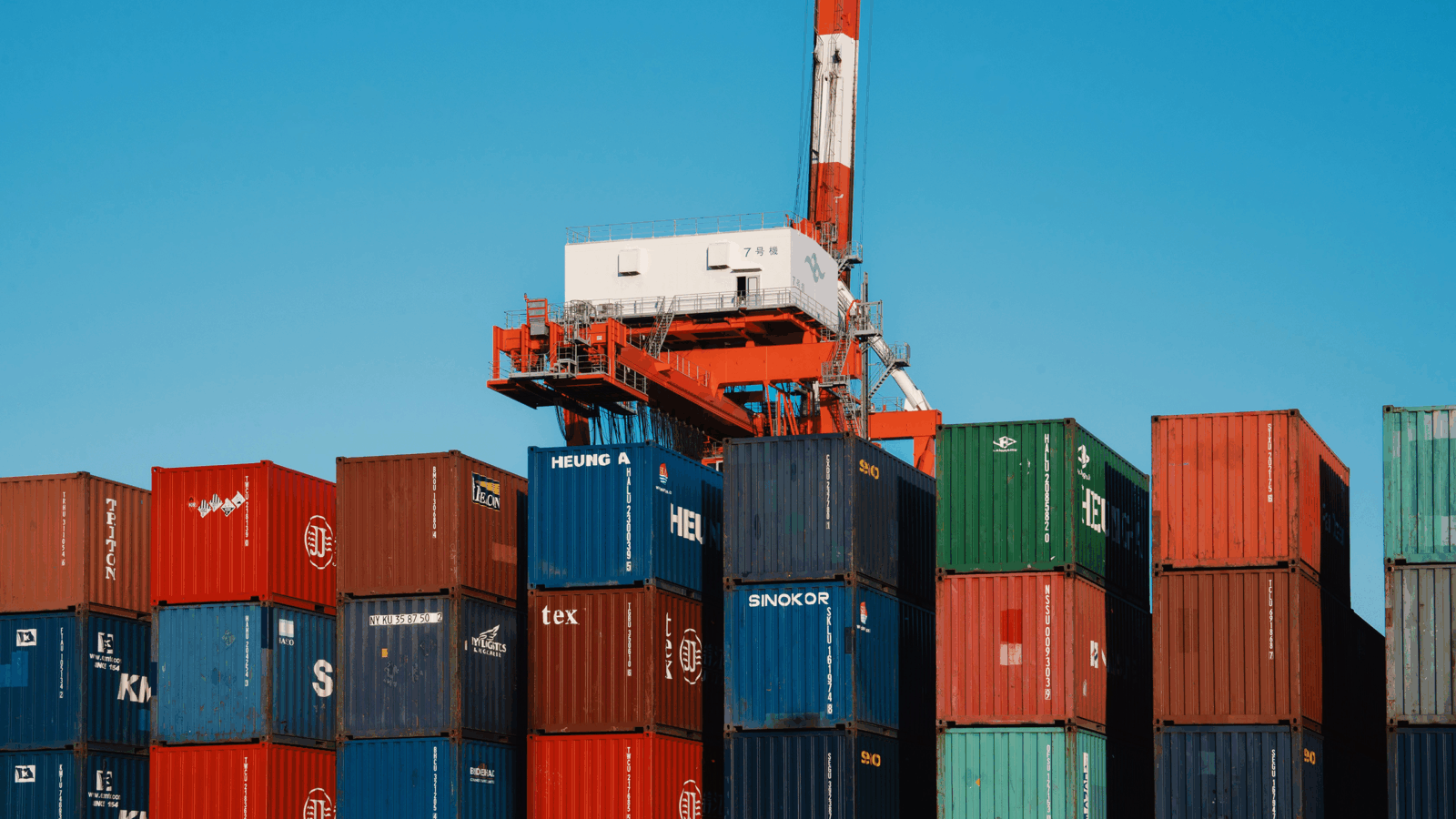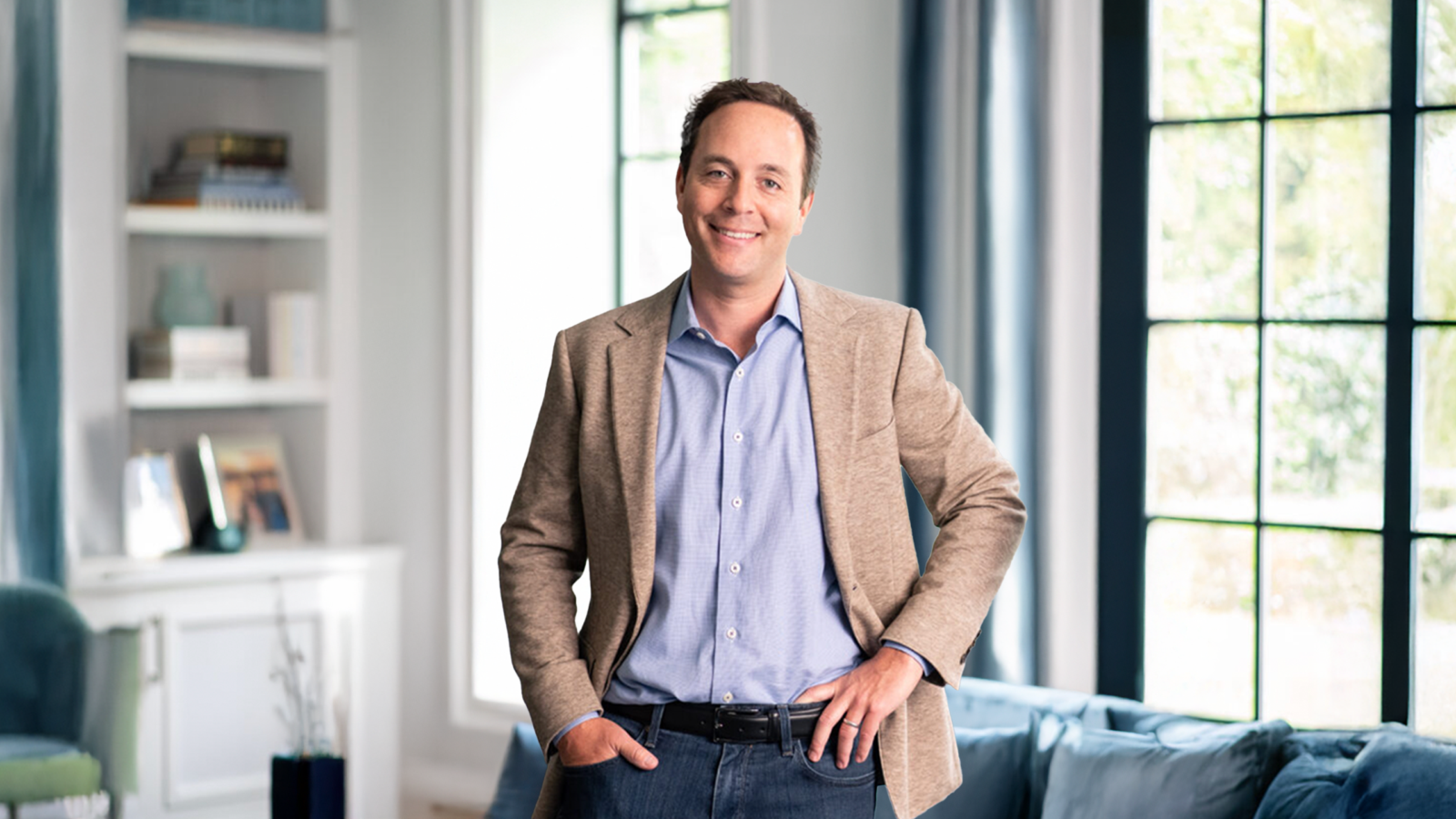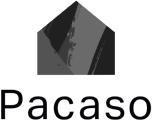Good Monday morning.
Does it make you a loser if you don’t want to win at any cost? OpenAI CEO Sam Altman asked the Financial Times during an interview if he was “not an outlier in terms of competitiveness” compared with other Silicon Valley executives, suggesting he is less cutthroat than his tech industry counterparts.
That’s not to say he’s low ambition. To wit, Altman said that, while he has given thought to running for governor of California, he has not entertained a presidential run, contrary to a forthcoming book. Only wanting to preside over the fourth-largest economy in the world, that’s true humility.
US Trade Truce With China Sends Stocks Surging Higher

Market bulls won’t be needing a coffee this morning. They’ll be getting more than enough stimulus from the news rolling in from Switzerland.
The United States and China unexpectedly announced this morning that weekend trade talks between officials in Geneva produced a seismic breakthrough: Both sides have agreed to draw down so-called reciprocal tariffs on imports by 115 percentage points. According to the White House, both countries will retain a 10% additional tariff.
‘A Dream Scenario’
Hong Kong’s Hang Seng Index rose 3% on Monday and S&P 500 futures are up roughly the same this morning, in anticipation of an optimism-fueled trading session. Investors in particular celebrated a joint statement from US and Chinese officials recognizing “the importance of a sustainable, long-term, and mutually beneficial economic and trade relationship” — a clear indication that both sides are determined to secure a lasting deal as negotiations continue during their 90-day truce.
The pause will also provide relief for foreign ministries and government agencies embroiled in a game of whack-a-mole to combat increasing fraud to get around escalating tariffs. Douyin (TikTok’s Chinese mainland name) and other Chinese social media platforms have become rife with advertisements for so-called origin-washing services where goods are shipped to a stopover country, such as Vietnam or Cambodia, to conceal where they originated.
At the same time, corporate giants have been pouring investments into “connector” countries that act as intermediaries between trade hubs like the US and China, or China and Europe. Think workarounds backed by big money:
- Bloomberg Economics in 2023 identified five in-betweeners: Indonesia, Mexico, Morocco, Poland, and Vietnam. Together, they represent about 4% of global gross domestic product, but have attracted a little over 10%, or $550 billion, of all greenfield investment since 2017, the data show.
- Lately, Chinese electric vehicle makers and battery producers have poured billions into Morocco, which has a free-trade agreement with the European Union and is ideally located for moving goods.
Treasury Secretary Scott Bessent, speaking in Geneva, suggested Monday that the shifting of supply chains or shipping routes — illicit or otherwise — may not be warranted. “The consensus from both delegations is neither side wants to be decoupled,” he told a press conference. In the joint statement, both sides said they will develop “a mechanism to continue discussions about economic and trade relations.”
In a note, Wedbush analyst Dan Ives said “the baseline view heading into the weekend was some de-escalation of US/China tariffs and the agreement for more talks” but that markets ended up with “a dream scenario this morning.”
The (Temporary) Lay of the Land: Amid the 90-day pause, Trump’s 20% fentanyl-related tariffs on China, imposed in February and March, will remain. That means Chinese goods entering the US will face a 30% tariff, down from 145%, while US goods going the other way will be subject to a 10% levy from Beijing, down from 125%.
He’s Already IPO’d Once – This Time’s Different

Spencer Rascoff co-founded Zillow, scaling it into a $16B real estate giant. But everyday investors couldn’t invest until after the IPO, missing early gains.
“I wish we had done a round accessible to retail investors prior to Zillow’s IPO,” Spencer later said.
Now he’s doing just that. Spencer has teamed up with another Zillow exec to launch Pacaso. Pacaso’s co-ownership marketplace is disrupting the $1.3T vacation home market. And unlike Zillow, you can invest in Pacaso as a private company.
After 41% gross profit growth last year, surpassing $110M+ in four years, Pacaso is ready for what’s next.
Even better? You don’t have to wait to invest – but time’s ticking. Become a Pacaso shareholder for just $2.80/share by 5/29.*
Google AI-ngst: Apple Deal May Disintegrate Even Without Court Intervention
Apple SVP of Services Eddy Cue said last week that AI will one day replace search engines like Google. His statement, made during the penalty phase of the antitrust trial against Google-parent Alphabet, could spell trouble for the deal that makes Google the default search engine on Apple’s Safari browser.
Apple makes $20 billion a year from the tie-up and Google generates billions from the searches made on Safari. Apple has deals with other search engines, including Microsoft’s Bing and DuckDuckGo, but none of them are nearly as lucrative.
Cue said he expects Safari to eventually swap out Google for AI services from up-and-comers including OpenAI, Anthropic, and Perplexity.
AI-xistential Crisis
A US district court judge last year ruled that Alphabet has an illegal search-engine monopoly, and now regulators are trying to convince the court to send the tech giant to bed without its (metaphorical) supper. One possible penalty could be a Gen Alpha classic: Taking away its iPad by forcing the end of Google’s partnership with Apple (and others). It’s not the only marketplace hazard facing Alphabet: A ruling in a separate case has determined the company holds monopolies in ad technology services.
Meanwhile, Google may be losing its grip even without government intervention:
- The number of Google searches on Apple devices declined for the first time last month, according to Cue, who blamed users switching to AI. Google denied this and said its Safari searches are still growing.
- Google’s global market share peaked at 93% in 2023 but has since fallen below 90% and stayed there, according to StatCounter. Last month, its global market share hit a decade low, and its US dominance slipped even further, to 86%.
Long Way to Fall: With all the complaints about Google joining the “Rot Economy” (S/O Ed Zitron), the search engine dominates for now. Its next closest rival, Bing, accounts for 12% of the market. ChatGPT would make up less than 1% even if all its queries were counted as searches — rather than requests to write essays or generate anime-ified selfies. At last week’s trial, founder Sam Altman replied to a question about whether he thinks ChatGPT will replace Google with, “Probably not.” At the same time, Alphabet’s trying to bring its own AI to the party by integrating its AI assistant Gemini into Google searches. Still, the stakes of losing any market share to up-and-coming rivals are high: Ads on Google, Gmail, and other properties make up more than half of Alphabet’s revenue.
Private Equity, Sports and Games Sidestep Frozen M&A Pipelines
The wheels have officially come off the deals in 2025. Dealogic data reported by Reuters last week showed global M&A activity in April hit a 20-year low, while the 555 deals completed in the US represented the fewest since 2009.
There are a handful of anomalies but these bright spots — which include private equity, sports and video games — are better described as isolated phenomena than prologue for a wheeling and dealing revival.
The Year of Dry Powder
The slowdown in M&A is not surprising given that the Trump administration’s rollout of tariffs took markets by surprise, both for speed and severity — Federal Reserve Chair Jerome Powell, for one, described the levies as “substantially larger than anticipated” last week. A 90-day pause on those tariffs, minus a trade war with China that cooled over the weekend, has done little to give business owners — and, in the case of M&A, potential business acquirers — clarity on the bills they might have to foot when all is said and done.
That backdrop hasn’t dissuaded everyone. As overall M&A activity tanked, leveraged buyouts in the US by private equity firms rose 25% year-over-year to $46 billion in April, according to Dealogic data obtained by the Financial Times. That figure is almost twice the monthly average of the last three years, led by Thoma Bravo’s $10.5 billion acquisition of parts of Boeing’s software unit. One sector that proved especially resilient in the first quarter thanks to private equity interest, was pro sports: In March, the NBA’s Boston Celtics franchise was sold for $6.1 billion, a North American record, to an ownership group led by STG Partners executive Bill Chisholm. That same month, Sixth Street Partners bought a 10% stake in Major League Baseball’s San Francisco Giants. But these pockets of resilience are due to unique strengths:
- The buyout industry was sitting on a significant $1.2 trillion in unspent cash to start 2025, slightly less than the $1.3 trillion a year earlier, according to Bain and Co. Meanwhile, the value of dry powder held four years or longer rose to 24% of the total, up from 20% in 2022, which suggested some PE firms had struggled to find deals worthy of pulling the trigger. Now, the April figures suggest some have gotten past the point of cold feet.
- For sports in particular, lengthy media-rights deals act as a buffer against market disruption or turmoil, making franchises a sort of safe haven. There’s the NBA’s 11-year, $77 billion deal struck last year or the NFL’s 11-year, $111 billion deal, most of which it can opt out of to negotiate better in 2029. No wonder private equity firms made their first NFL investments in December, with Arctos Partners taking a 10% stake in the Buffalo Bills at a $5.1 billion valuation and Ares Management taking a 10% stake in the Miami Dolphins at an $8.1 billion valuation.
Pokémon Go to the Bank: Aream, a tech-focused investment bank heavily involved in the gaming industry, said in a report last month that M&A in the video games sector totalled $6.6 billion in the first quarter, the most in two years, citing growing private equity interest in the sector. Of particular note was the $3.5 billion sale of Niantic, the developer of Pokémon Go, to mobile games company Scopely, a subsidiary of Saudi-backed video game investment firm Savvy.
Extra Upside
- That’s Rich: President Trump endorsed raising taxes on the wealthiest Americans, even as he said Republicans “probably” ought to reject the idea.
- Prescription Promise: Shares in US drugmakers are under pressure after President Trump said he will cut prescription drug prices by 59%. A White House event with more details is scheduled for 9:30 a.m.
- Supply Chain Drain: Criminal networks are stealing US cargo at record levels, according to a CNBC report.
Just For Fun
Disclaimer
*This is a paid advertisement for Pacaso’s Regulation A offering. Please read the offering circular at invest.pacaso.com. Under Regulation A+, a company has the ability to change its share price by up to 20%, without requalifying the offering with the SEC. There’s no guarantee that Pacaso will file for an IPO.

